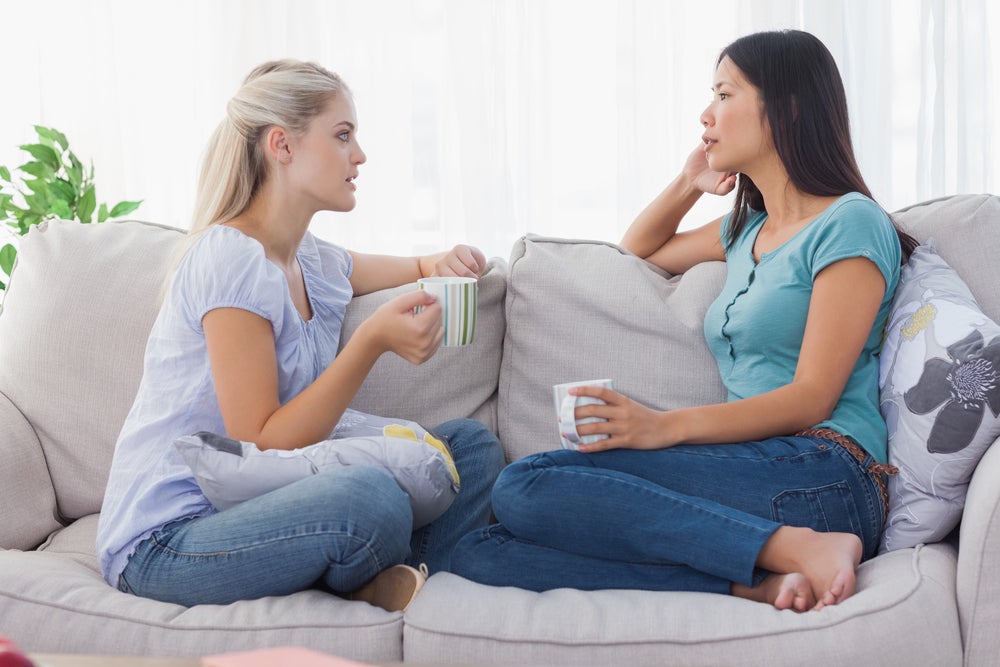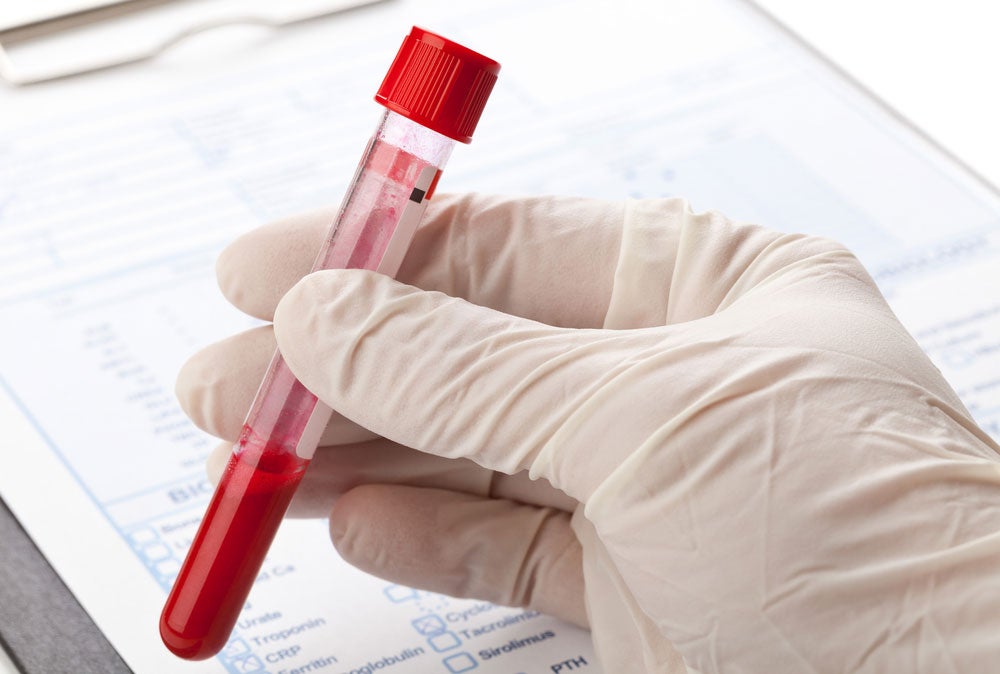10 Things I Wish You Knew about Endometriosis
Endometriosis is a complex and frustrating condition that may affect as many as 1 in 10 women, yet so many people still don’t know much about it. Because endometriosis can’t be seen, friends and family can have a hard time understanding how it can have such a huge impact on a woman’s life. They also may not realize to what extent a woman is compensating as she tries to cope with this condition.
Women suffering with endometriosis can deal with chronic pain and other symptoms that overshadow their entire lives, affecting their ability to work, play, sleep, take care of their families, and interact with others. It can negatively impact them physically, mentally, and emotionally as they to manage this challenging condition. Here is a list of 10 things women with endometriosis wish others knew about their diagnosis so they could be more understanding and helpful.
1. Though you can’t see endometriosis, it’s very real.
Endometriosis occurs when endometrial like cells implant outside the uterus. It causes pain and inflammation and, depending on where it is located, can cause problems with several organs including the bowel and bladder. Endometriosis is a real diagnosis with real consequences that can make me miserable and in pain. Not only does it affect my menstrual cycle, it can affect my bowels, bladder, sexual health, and more.
2. I didn’t cause my endometriosis.
There are many theories about where endometriosis might come from, but women don’t cause themselves to have it. I didn’t cause this by having or not having children. It has nothing to do with my career. It isn’t the result of a poor diet, stress, or any other aspects of my lifestyle. Some of those things might affect the condition, but none of them caused it.
3. Endometriosis is not contagious.
Spending time with someone who has endometriosis isn’t going to cause you to have it. Endometriosis is not contagious in any way. So please, spend some time with me. I could really use a friend.
4. The pain can be unrelentless, even after surgery, medications, and other treatments.
Despite a wide variety of treatments, I am still in pain. To date, there is no real cure for endometriosis and it can come back even after surgery. Those of us with endometriosis have to work through the treatment options to try to find one that will help us manage our symptoms effectively. Though the pain is relentless, I try to act normal, but that may mean you think I am grumpy and moody. I don’t mean to be, I am just trying to cope and the pain zaps my energy.
5. A hysterectomy is not a cure for endometriosis.
A hysterectomy isn’t a cure for endometriosis. Neither is an oophorectomy (removal of the ovaries). I wish it were that simple because I want to be cured. While those surgeries may help some women, it doesn’t help all of us. There are also long term risks involved with those surgeries and endometriosis can exist even without a uterus and/or ovaries.
6. I am not lazy or looking for attention.
I get frustrated when I have to lie in bed for days because I am in so much pain. I am not lazy, looking for excuses to get out of work, or simply wanting attention. I am in pain and I can’t function. I want to be well and enjoy life. I don’t like living with this chronic pain.
7. Endometriosis affects me more than just physically.
Being in pain leaves me feeling exhausted physically, mentally, and emotionally. Trying to cope with it can make me sad, discouraged, and depressed. Endometriosis takes a toll on my self-esteem and my self-image. I feel unattractive, unproductive, and useless. I want to be able to go and do instead of being a burden.
8. Sex hurts.
It’s not that I don’t love you or am not attracted to you, but sex is incredibly painful. Not just during the act, but for days afterward. It hurts and depresses me that we cannot be intimate often because of my pain.
9. Please read The Spoon Theory–It explains how I feel.
The Spoon Theory was written by a woman dealing with chronic pain. It helps explain in a simplistic manner what it is like to live with a condition like endometriosis. Please read it and then we can discuss it.
10. I need you to talk to me about my endometriosis.
It is helpful for women to be able to talk about their problems, and I need to be able to talk to you about my endometriosis. When you listen, it lets me know you care and are trying to understand. I don’t feel so alone when we are talking. If you have questions, ask me. If you need me to explain endometriosis again, I will. Communication helps both of us understand each better.
Browse through the HysterSisters Endometriosis Articles which provide more information about endometriosis.
This content was written by staff of HysterSisters.com by non-medical professionals based on discussions, resources and input from other patients for the purpose of patient-to-patient support. Reprinted with permission: 10 Things I Wish You Knew About Endometriosis







